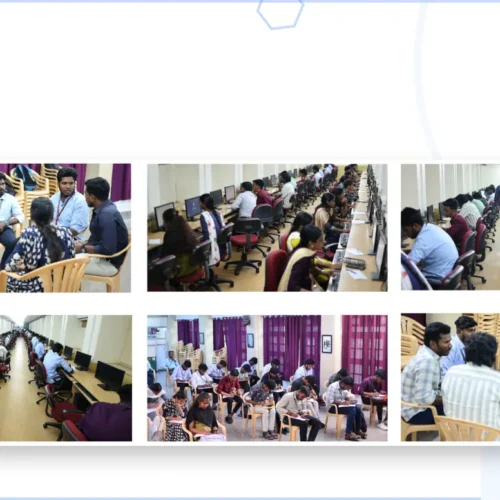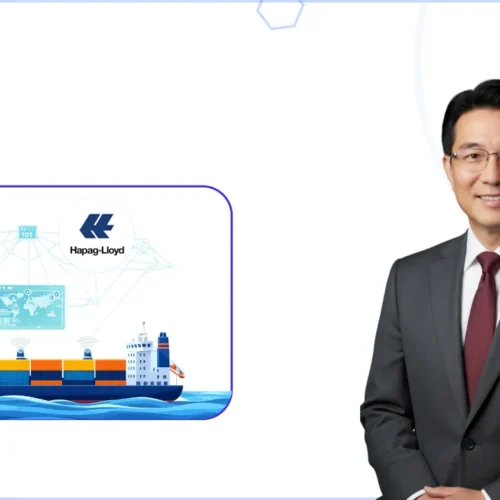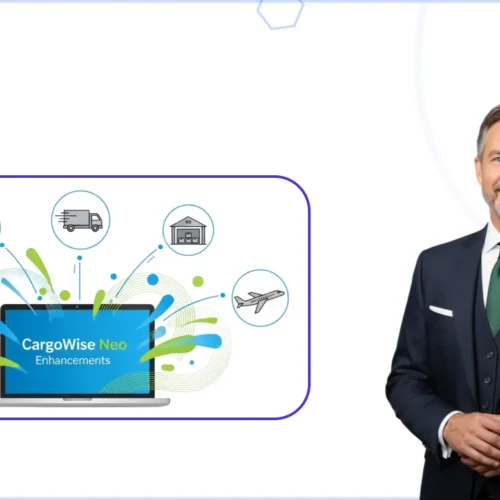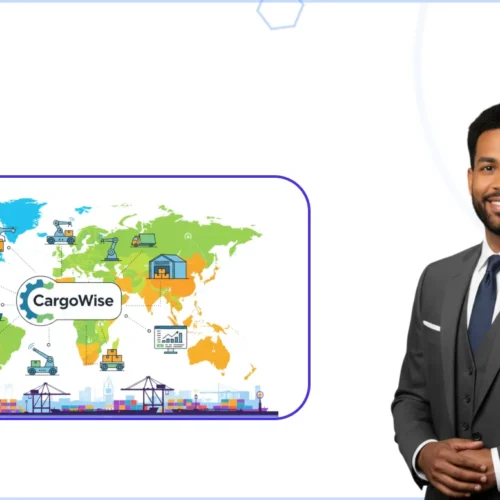One of the most crucial shipping documents you will come across when you start transporting your goods around the globe is the bill of lading. Managing your supply chain currently requires balancing shipments, ensuring compliance, and satisfying consumer expectations. But what happens when a single document, such as a Bill of Lading (BOL), halts the entire process? Errors, delays, or noncompliance in BOL preparation can result in missed deadlines, regulatory fines, and dissatisfied customers.
Then comes RPA, or robotic process automation. For CargoWise users, this technology revolutionizes BOL creation automation. It enables error-free data entry, speedier processing, and full compliance with legal requirements. If you’ve ever wondered how automation could make this crucial step easier, you’re about to learn why automating your BOL process is not only beneficial but also necessary.
The Importance of Bill of Lading in Logistics
A Bill of Lading (BOL) is more than just documentation, it is the foundation of transportation and logistics. This document has numerous important functions:
- Proof of Ownership: The BOL acts as a receipt for goods and proves ownership, ensuring smooth transfers during transportation.
- Contract of Carriage: It outlines the terms and conditions of transporting goods, serving as a binding agreement between the shipper, carrier, and consignee.
- Customs Compliance: International shipments require accurate BOLs for customs clearance, avoiding costly delays or penalties.
Why Automate Your Bill of Lading with RPA
Inaccuracies, inefficiencies, and compliance issues are common with manual BOL management. By automating each stage of the BOL process, RPA provides a solution that guarantees accuracy, speed, and dependability. This is why automation is so important:
Faster Processing
Automated BOL generation reduces the time spent on manual data entry, allowing shipments to move faster.
Error Reduction
RPA extracts data directly from systems like CargoWise, minimizing the risk of mistakes caused by manual input.
Enhanced Compliance
RPA ensures that BOLs meet international trade regulations and legal standards, avoiding costly fines or delays.
Simplified Operations
With automated workflows, your team can focus on strategic tasks instead of repetitive administrative work.
Key Benefits of RPA for Bill of Lading Automation
1. Faster BOL Preparation
Manual BOL preparation can be time-consuming, especially for businesses handling high shipment volumes. With RPA, BOLs are generated instantly, reducing preparation time and ensuring that shipments are dispatched on schedule.
2. Compliance Confidence
Shipping regulations vary by country, and staying compliant can be a challenge. RPA ensures your BOLs meet all legal standards, reducing the risk of penalties or customs delays.
3. Increased Accuracy
Human errors in BOL preparation can lead to incorrect shipments or regulatory issues. RPA extracts and populates data directly from CargoWise, ensuring the highest level of accuracy every time.
4. Simplified Tracking
With real-time tracking, you can monitor the status of your BOLs from creation to submission. This transparency improves communication and minimizes delays in your supply chain.
What Makes Our RPA Solution Unique
With unique capabilities, our RPA solution for CargoWise users is meant to address the challenges of BOL management:
Automated BOL Creation
Generate BOLs automatically using pre-set templates and shipment data. This eliminates manual effort and ensures consistent, error-free documents.
Compliance with Legal Standards
Stay ahead of international trade regulations with automated compliance checks, ensuring that all BOLs meet legal requirements.
Real-Time Tracking
Monitor the status of your BOLs in real-time, giving you better control over your supply chain processes.
Error-Free Data Entry
By pulling data directly from CargoWise, our RPA solution eliminates errors caused by manual input, ensuring accurate and reliable documents.
How Does the Automated Workflow Work
Our RPA simplifies the BOL creation process into an efficient, error-free workflow. Here’s how it works:
Data Extraction
The RPA extracts relevant shipment and order data directly from CargoWise.
Automated Generation
It then creates the BOL using predefined templates and ensures compliance with legal and trade standards.
Compliance Checks
The BOL undergoes automated validation to ensure all data is accurate and meets international regulations.
Stakeholder Communication
The finalized BOL is sent to carriers, stakeholders, and customers, ensuring timely communication.
Real-Time Tracking
Monitor the BOL’s status throughout its lifecycle, from creation to submission and acceptance.
Archiving
The BOL is securely archived for record-keeping and future audits, ensuring easy retrieval when needed.
Conclusion
Thus, the key to opening up international logistics is the bill of lading. Automating your Bill of Lading creation with RPA ensures faster processing, improved accuracy, and smooth compliance, giving your business the competitive edge it needs.
Are you prepared to simplify your supply chain and improve your BOL management? Schedule a demo today to see how our RPA solution for CargoWise can transform your logistics operations.






